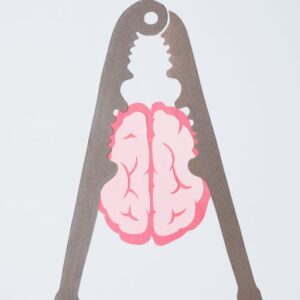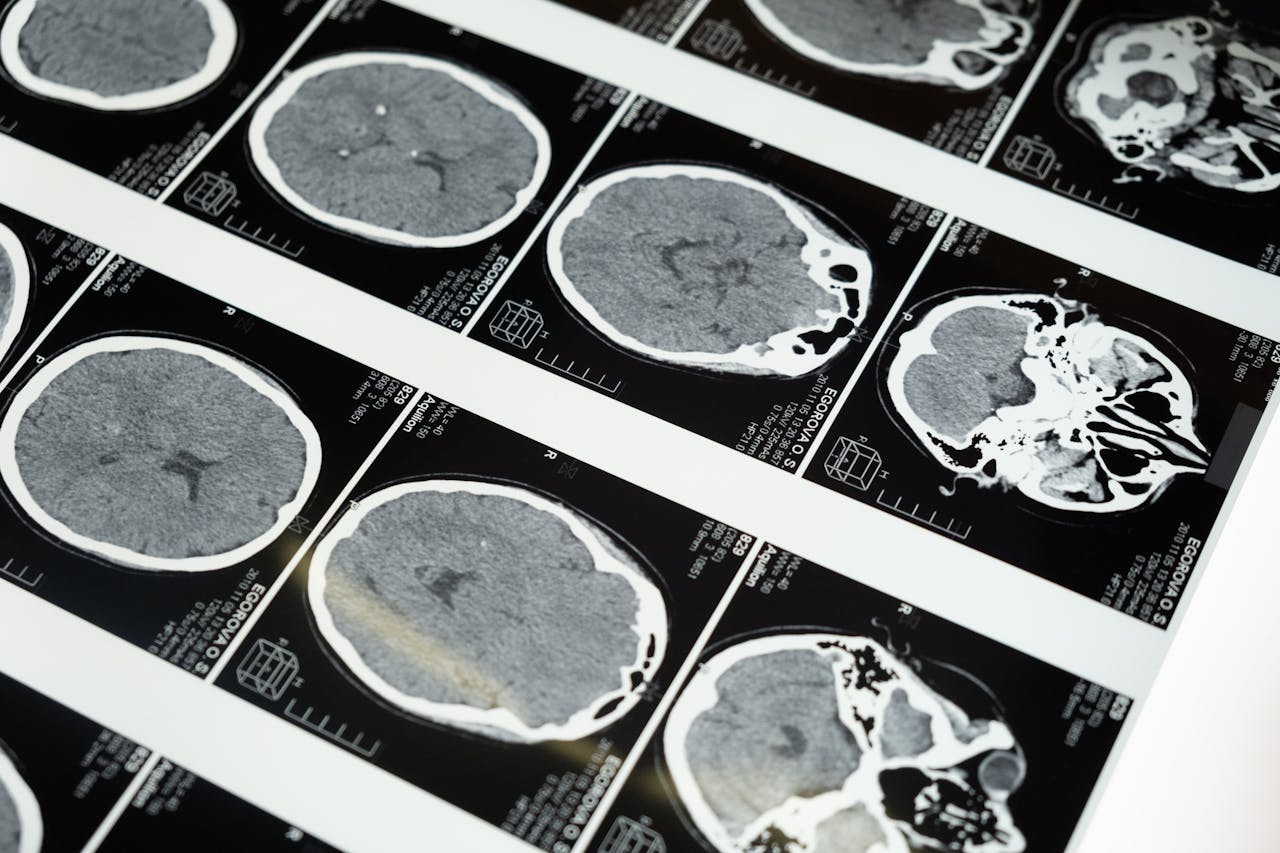I have come across many instances where neurological problems are as a result of other mental disorders or depression. This is because most of the time, people find it difficult to pinpoint the origin of their issues, and the symptoms may present themselves as physical illnesses or learning disabilities. Some people suffering from depression may not be aware of the neurological symptoms like inflammation in the brain or alteration in neurotransmitter function that leads to the development of dementia and other memory issues in the long run.
Major depression which is usually associated with emotional changes can also change the physical structure of the brain. Such changes can be as follows inflammation and in some cases even brain shrinkage. A literature review in neuroscience published in 2021 revealed that patients with MDD had differences in the volume and functioning of their brains. Other works have also described structural changes in the brain affecting its size and inflammation, in similar patients. In the United States alone, more than 21 million adults have had at least one episode of major depression in 2020, which underlines this paper’s main focus of depression as a major mental and physical health issue. Awareness of such changes is very important in an attempt to look for solutions to reverse or even abolish them.
Oxygen Restriction on Depression

Depression has been associated with low oxygen levels in the body; the change might be as a result of the alteration in the breathing pattern by depression but which comes first is still unknown. In response to low amounts of oxygen also known as hypoxia the body produces a protein known as hypoxia-inducible factor-1 (HIF-1). A 2019 study on rats that showed that depression like behaviors correlate with increased HIF-1 in certain immune cells. Yet, in human studies, more research is needed, however, it was found that HIF-1 could be targeted in depression and this could lead to newer therapeutic approaches. Another theory linked to this is the one that has to do with the retention of carbon dioxide which, in cases of sleep apnea, is highly associated with depression.
As for chronic inflammation, there is no clear evidence whether it has a more pronounced effect on the likelihood of depression compared to the disruption of circadian rhythm. The brain is vulnerable to hypoxia and its effects include inflammation, brain cell damage and death that impact development, learning, memory and mood. Hypoxia is a condition where there is low oxygen in the blood and short-term hypoxia make one develop confusion, a feeling that high-altitude hikers undergo. Hyperbaric oxygenation which enhances oxygen delivery was shown in a small study done in 2017 to help in the management of depression. Information about such effects is crucial because in 2020, about 19. 4 million American adults had major depression.
Brain Inflammation and Depression
Scientists are still establishing new linkages between the levels of inflammation that are in the body and the levels of depression that one is likely to develop. There are differences in immune system activity in some depressed people, but it is still unknown which situation leads to the other: inflammation or depression. Inflammation in the brain is known to be linked to the length of time a person suffers from depression, thus this is even more important in cases of chronic depression including PDD.
Psychologist Dr. Emily Johnson says, “It is crucial to intervene early and use a comprehensive approach to prevent the negative effects of inflammation in the brain in depression.” Based on my practice as a psychologist, I see that inflammation can be managed through lifestyle changes and therapy and has a positive impact on patients’ future mental health.
A small 2018 study showed that people who had not sought treatment for their MDD for over 10 years had 29-33% higher translocator protein total distribution volume, which is an index of inflammation in the brain. Inflammation in the brain can cause such consequences as cell death, brain atrophy and reduction in neuroplasticity, which refers to the brain’s capacity to adapt to changes throughout life. It also negatively affects the function of neurotransmitters. Globally, at least 350 million people suffer from depression; in the United States alone, more than 21 million adults experience it every year.
Shrink in Size
Depression causes the brain to shrink in size. In Kristinsson’s study, the level of brain atrophy is determined by the degree and the length of the depressive episode. MRI scans have revealed that important parts of the brain that include hippocampus, thalamus, amygdala and the prefrontal cortex may reduce in size in patients with depression.

“It is critical to begin treatment early and attend therapy sessions frequently because frequent therapy can help avoid long-term changes in the brain that are caused by depression, and regular mental health check-ups can greatly improve the brain’s health.”
Dr. Emily Johnson
Psychologist
Are the Damages Permanent?
No, these damages are not permanent and are fully reversible depending on the extent of the treatment that is given to the patient. As with most diseases, early detection and the beginning of treatment are preferable.
Researchers are still studying if the changes in the brain due to depression can be reversed. Thus, chronic depression seems to induce long-lasting changes in the brain, especially in the hippocampus, which may be associated with the lack of response to treatment. Studies also show that the brain gray matter is smaller in people with persistent major depressive disorder, regardless of whether they have been free of depressive episodes for a long time.
Join our community!
We’re here to support your journey towards better mental health and well-being. Share your email to receive valuable psychological insights, tips, and resources directly in your inbox.
Bullying and It’s Negative Effects on Psychological Health
Bullying, from a psychological point of view, refers to a type of aggression where an…
Psychology of Spending, Why We Buy What We Don’t Need
How Poor Leadership Ruins Employee Well-Being
From my experience as a psychologist, I can state that toxic leadership adversely affects employees…
Why Unrealistic Expectations Hurt Relationships and How to Master Them
In my opinion as a psychologist, relationship expectations refer to general guidelines of how we…
Overcoming the Challenges of Postpartum Psychosis with Effective Strategies
Postpartum psychosis is a severe but treatable condition I have come across in my practice…
Common Signs of Binge Eating Disorder You Should Know
Binge eating disorder (BED) is a behavioral disorder that is characterized by compulsive binge eating….










